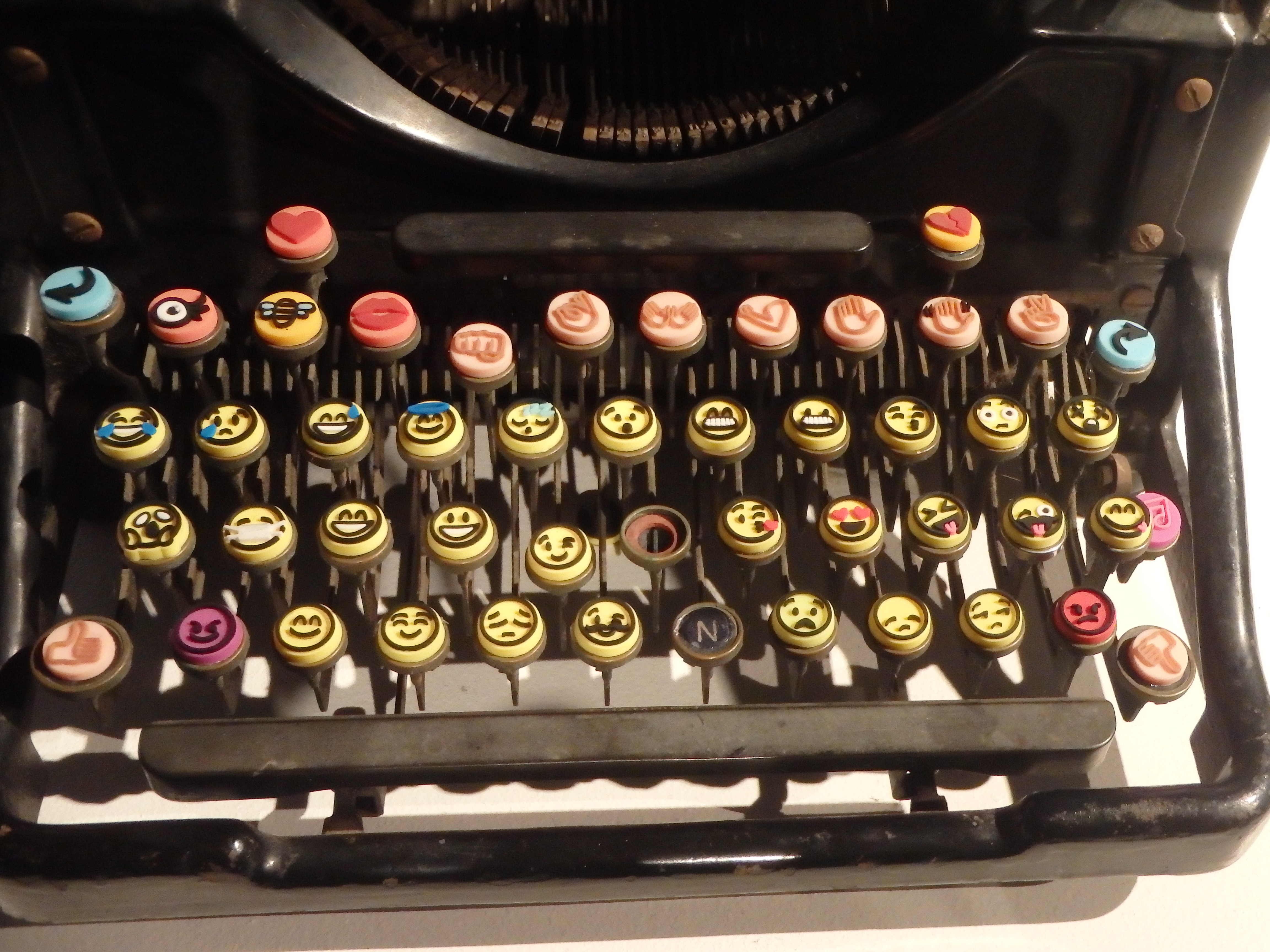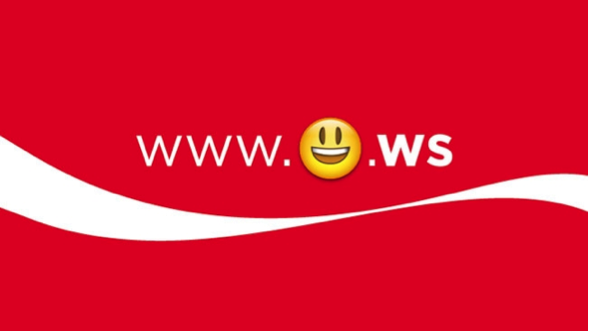BBH Feature: Should You Use Special Characters in a URL?
As emoji become ubiquitous and take more space than Latin characters in digital communications, certain Internet truths are challenged. (Editors Note: the Oxford Dictionary declared “Emoji” the word of year for 2015)
An example is special characters in a URL and specifically URLs with emoji. Previously, no one would have thought to insert a smiley face into a URL.
Until now. But, even if you can use special characters in a URL, should you?

OLYMPUS DIGITAL CAMERA – Photo from The All-Nite Images
Internet History
A brief history of the Internet is both interesting and necessary to understand the question of pushing the boundaries of creative URLs.
ICANN, the body that oversees Internet domains, developed in part out of the United States Department of Commerce.
Given its U.S. origins, it didn’t think beyond Latin characters in creating the standard Web infrastructure. Once ICANN realized the error in its ways, the standard was fairly well entrenched.
While ICANN solved some issues around non-Latin special character URLs, emoji are not accepted on common domains such as .com, .net, .uk and .org. A few places that offer country-specific domains, such as Samoa (.ws) and Tokelau (.tk), do allow emoji characters when registering domains, but this is an exception at present.
New Development
The first URL with emoji characters was registered in 2011 in Laos when Laos’ country-specific domain rules were not as rigid. Comically, the URL was the poop emoji .la and the website merely contained Poopla! as copy with the poop emoji floating about.
Interestingly, Laos no longer allows emoji domains…. Since the infamous poop URL, emoji domains have been in the news recently with two notable developments this year.
First, in February, Coca-Cola launched a fantastic attention-grabbing advertising campaign in Puerto Rico utilizing an emoji domain.
On brand and on message with the smiley face emoji, Coca-Cola chose the ideal special character URL for the program. The campaign garnered considerable buzz and generated interest in the topic of emoji URLs.
On the heels of the Coca-Cola campaign, in April, emoji enthusiasts everywhere rejoiced with the WordPress 4.2 release in full support of emoji… even in a URL. In contrast to the Coke program, however, the WordPress roll out didn’t provoke the same levels of media excitement.
With these two significant events involving one of the world’s most recognizable brands and a major publishing platform, one might think the time has come for emoji URLs. But, has it?
The Answer
While emoji are intriguing, we do not recommend using them in a URL. For now, save emoji for more predictable and appropriate circumstances.
Even if the Internet here in the United States were more receptive to emoji, not all users understand or employ them properly. For example, consider Great Great Aunt Barb, who might not know how to even type emoji in a text, let alone a URL.
And what happens when someone uses the wrong smiley face?
Or when someone uses a browser that doesn’t support emoji or doesn’t support the exact emoji required?
Needless to say, such issues will certainly give everyone a very sad face.
Equally or more important, Google cannot read or recognize special character URLs at this point.
Without Google recognition, content is rendered unsearchable and likely largely unseen, affecting search engine optimization and the ability of a website to rank in the results pages.
For just playing around, that’s no problem. But for those using the Internet to share content and drive business, that’s a big problem. Either way, a site misses out on valuable traffic by getting cutesy; save domain experimentation for when special character URLs – and perhaps even standard emoji keyboards – become the rule and not the exception.

